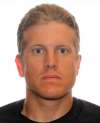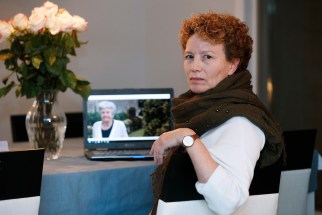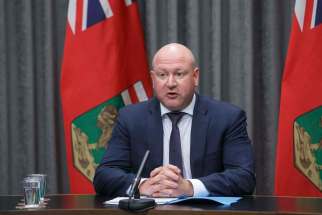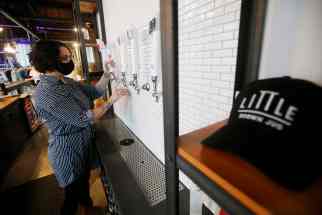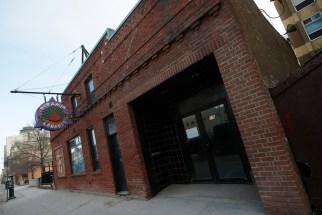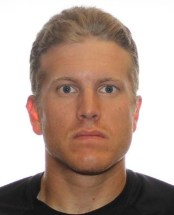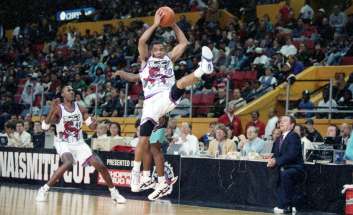Patrik Mathews’ attorney seeks to suppress post-arrest interview
Read this article for free:
or
Already have an account? Log in here »
To continue reading, please subscribe:
Monthly Digital Subscription
$0 for the first 4 weeks*
- Enjoy unlimited reading on winnipegfreepress.com
- Read the E-Edition, our digital replica newspaper
- Access News Break, our award-winning app
- Play interactive puzzles
*No charge for 4 weeks then price increases to the regular rate of $19.00 plus GST every four weeks. Offer available to new and qualified returning subscribers only. Cancel any time.
Monthly Digital Subscription
$4.75/week*
- Enjoy unlimited reading on winnipegfreepress.com
- Read the E-Edition, our digital replica newspaper
- Access News Break, our award-winning app
- Play interactive puzzles
*Billed as $19 plus GST every four weeks. Cancel any time.
To continue reading, please subscribe:
Add Free Press access to your Brandon Sun subscription for only an additional
$1 for the first 4 weeks*
*Your next subscription payment will increase by $1.00 and you will be charged $16.99 plus GST for four weeks. After four weeks, your payment will increase to $23.99 plus GST every four weeks.
Read unlimited articles for free today:
or
Already have an account? Log in here »
Hey there, time traveller!
This article was published 20/10/2020 (1876 days ago), so information in it may no longer be current.
En route to the Baltimore field office after his Jan. 16 arrest in Delaware, Federal Bureau of Investigation special agents bought Patrik Mathews a Chick-fil-A sandwich and a cup of coffee.
With his belly presumably full, the disgraced Canadian reservist and former fugitive allegedly waived his right to remain silent and spent 2 1/2 hours chatting with FBI agents — a post-arrest interview his defence attorney is trying to suppress from being introduced as evidence in his upcoming trial.
Mathews, 27, was at the centre of an August 2019 Free Press investigation that exposed him as a recruiter for a violent neo-Nazi paramilitary organization called the Base.
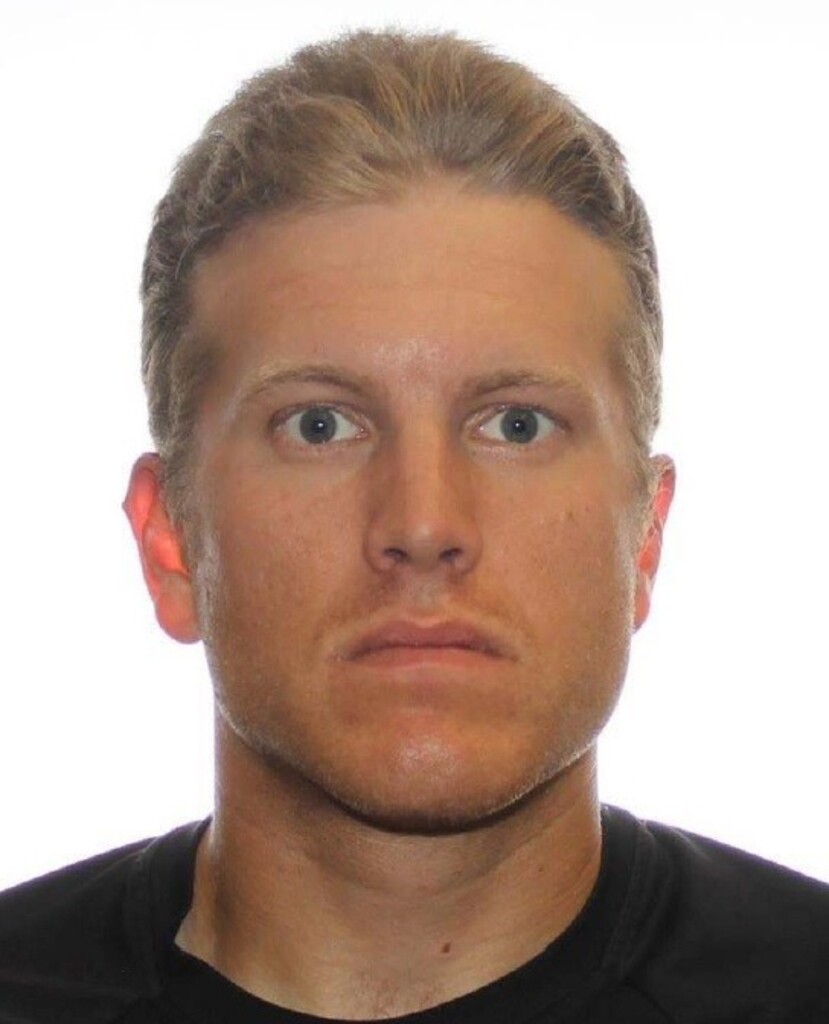
After being outed, the Beausejour resident fled the country. He was later arrested by federal law enforcement in the U.S. as part of a nation-wide crackdown on the group. He’s been held in custody since.
Mathews has been charged with four criminal offences: two counts of being an alien in possession of a firearm, and two counts of taking a gun across state lines while planning to commit a felony. If convicted on all counts, he could face decades behind bars in the U.S. federal prison system.
Mathews, alongside two American co-accused, has pleaded not guilty.
Homegrown hate: Coverage of a neo-Nazi recruiter in Winnipeg
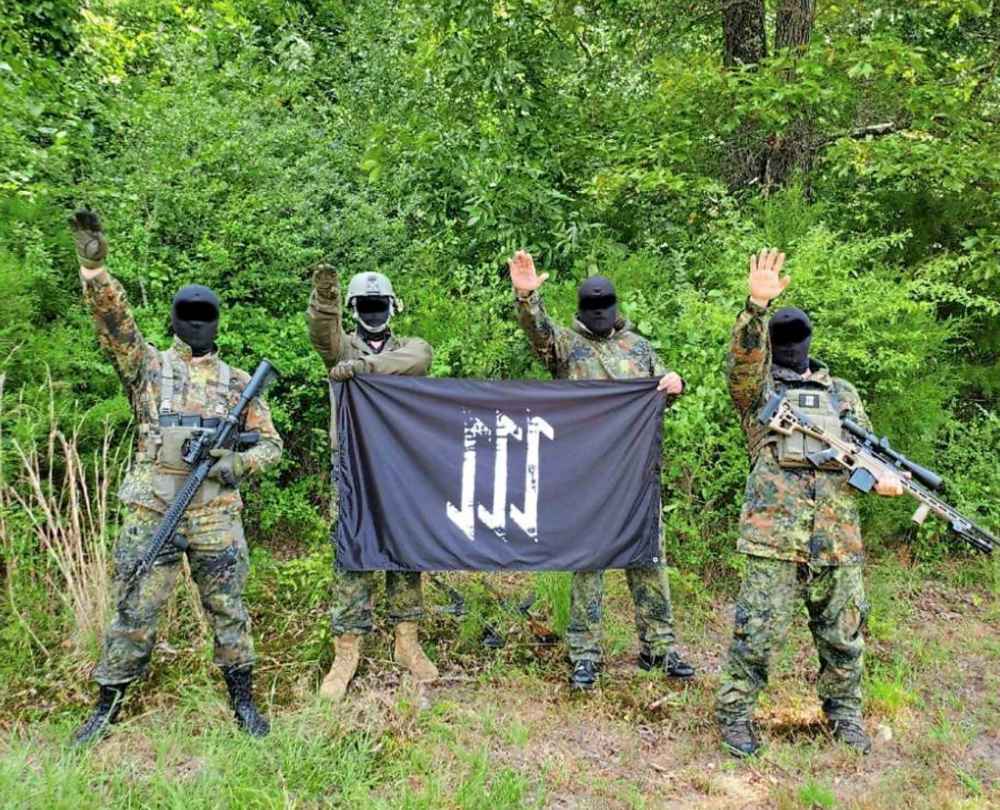
Posted:
Read Ryan Thorpe's story on infiltrating a neo-Nazi paramilitary group, and the Free Press' follow-up coverage.
On Oct. 16, the U.S. Attorney’s Office filed a document in the United States District Court for the District of Maryland, asking a judge to dismiss recent motions filed by defence lawyers for Mathews and one of his co-accused, Brian Lemley Jr.
The 49-page document includes new details about what happened to Mathews after his arrest. According to the report, after being taken to the FBI field office, Mathews was placed in an interview room, where agents said they would like to speak to him about his “involvement in an organization.”
Mathews asked if the agents were referring to the “Three Percenters,” a paramilitary group that’s been characterized by academics as being part of the far-right militia movement.
After reportedly being read his Miranda warning by agents, Mathews is alleged to have signed a waiver allowing an interview to go forward. According to the court filling, moments before signing the waiver, Mathews said something to the effect of: “Damned if you do, damned if you don’t.”
In an Aug. 31 submission to the court, defence lawyer Joseph Balter requested his client’s post-arrest interview be suppressed, claiming it violated his right against self-incrimination.
Balter also asked to have Mathews stand trial separately from Lemley, and further argued the FBI failed to prove necessary probable cause when securing warrants for surveillance and wiretaps during its investigation into the men.
“(The defendants) complain that none of the affidavits establish probable cause… If true, the defendants’ contention would mean that every single active magistrate judge in the Greenbelt Federal Courthouse — all four of them — made the same mistake, and did so over and over again,” the document reads.
“Clearly, the defendants’ argument is incorrect.”
Balter has also repeatedly stated he will pursue a vigorous First Amendment defence at trial, arguing while Mathews’ neo-Nazi worldview may be odious, his statements are protected speech under the U.S. constitution.
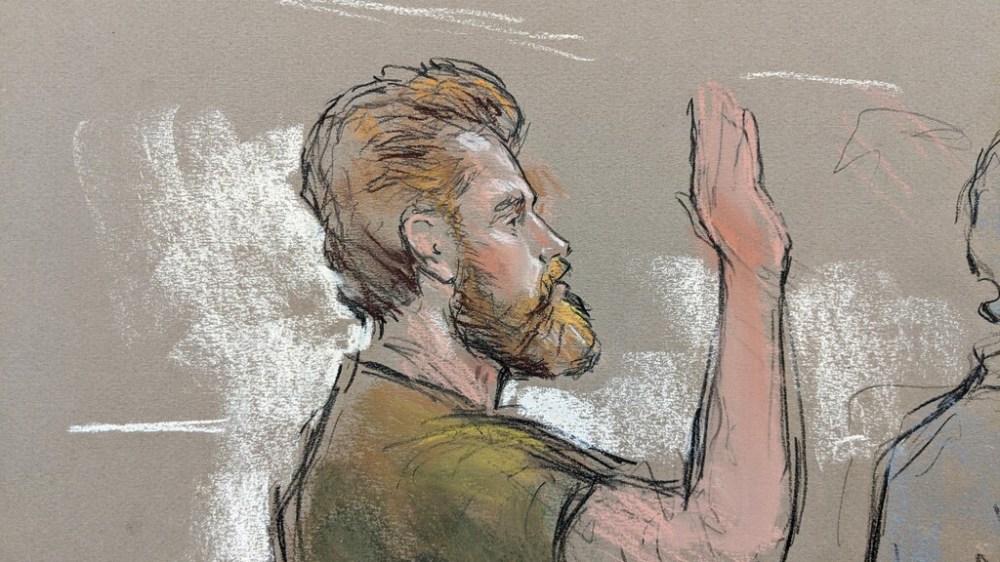
This argument was also criticized by the U.S. Attorney’s Office in its latest filing.
“The First Amendment has nothing to do with this case. Speech and written words can prove intent and rationale behind criminal plans,” the document reads. “The defendant does not challenge the validity of any of the underlying criminal statutes as violative of the First Amendment; he only challenges whether his words can be used against him in order to prove criminal conduct. They can be.”
After his arrest, an unreleased propaganda video was allegedly found on Mathews’ laptop, in which he was wearing a gas mask in an attempt to conceal his identity, and instructing white supremacists to: “Derail some f—king trains, kill some people and poison some water supplies.”
The case is scheduled to be back in court Jan. 12, when a district court judge is expected to rule on whether the motions filed by defence attorneys should be accepted or dismissed.
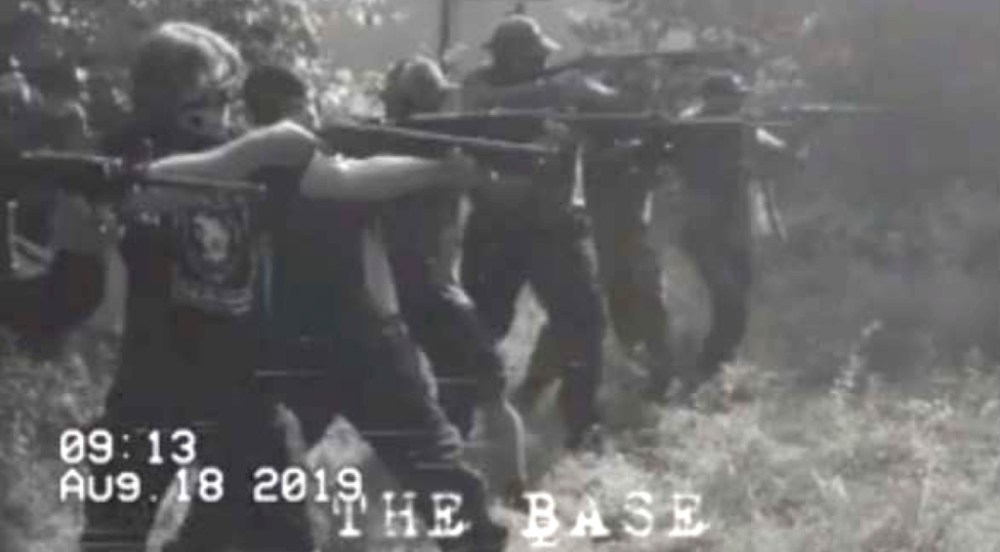
No trial date has been set.
ryan.thorpe@freepress.mb.ca
Twitter: @rk_thorpe

Ryan Thorpe likes the pace of daily news, the feeling of a broadsheet in his hands and the stress of never-ending deadlines hanging over his head.
Our newsroom depends on a growing audience of readers to power our journalism. If you are not a paid reader, please consider becoming a subscriber.
Our newsroom depends on its audience of readers to power our journalism. Thank you for your support.


